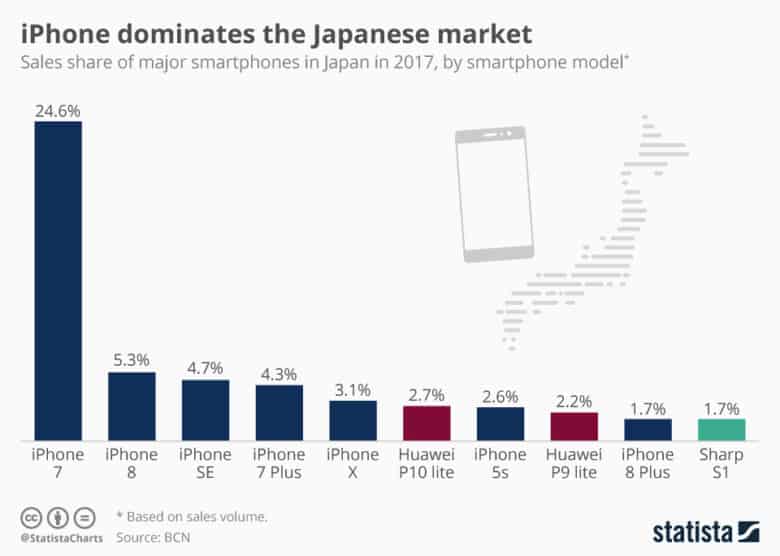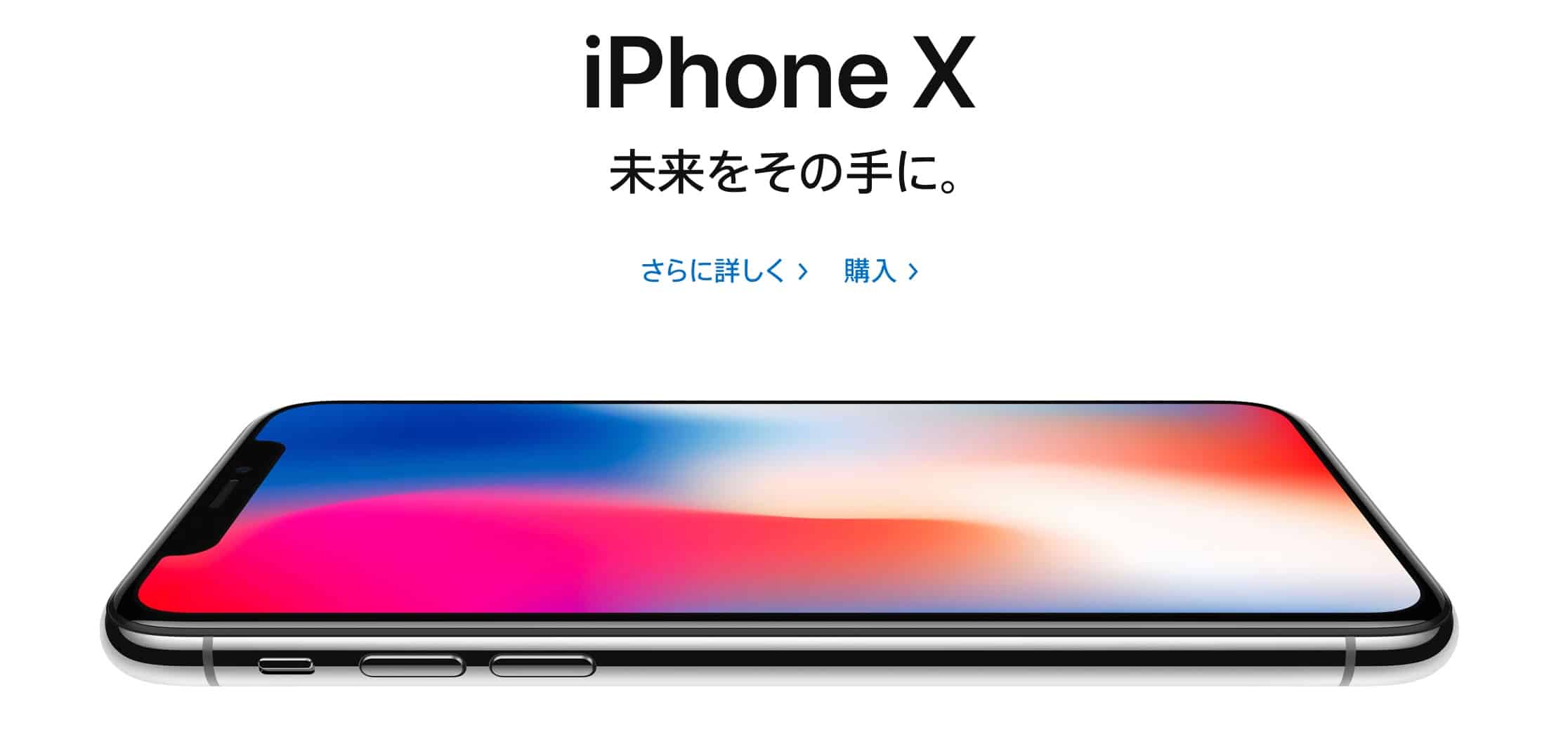Apple got a bit pushy with Japan’s wireless service providers, and was slapped down by regulators as a result.
The iPhone maker was requiring the carriers to put subsidies on iOS handsets. The Japanese Fair Trade Commission decided that was a violation of Japan’s antitrust rules.
“Obliging carriers to offer subsidies could have prevented the carriers from offering lower monthly charges and restricted competition,” the FTC said in a statement.
The goal, of course, was to make the iPhone more competitive against rivals like the Samsung Galaxy S9 (even though that device isn’t doing very well globally). Whatever the ethics of the strategy, it’s certainly working. The iPhone 7 accounted for 24.6 percent of devices shipped in Japan last year.

Photo: Statista
Apple Japan signs new contracts
Apple Japan agreed to rewrite its contracts with NTT Docomo, KDDI, and SoftBank. After checking the new contracts, the FTC dropped its complaint. No actual charges were filed, and Apple was not fined, according to Reuters.
Unlike the U.S., which has essentially done away with wireless service contracts, Japanese consumers regularly sign four-year service contracts with carriers to buy phones at a discount. Under the terms of Apple Japan’s new agreements with wireless providers, customers can now pay full price for an iPhone but get lower monthly payments.


